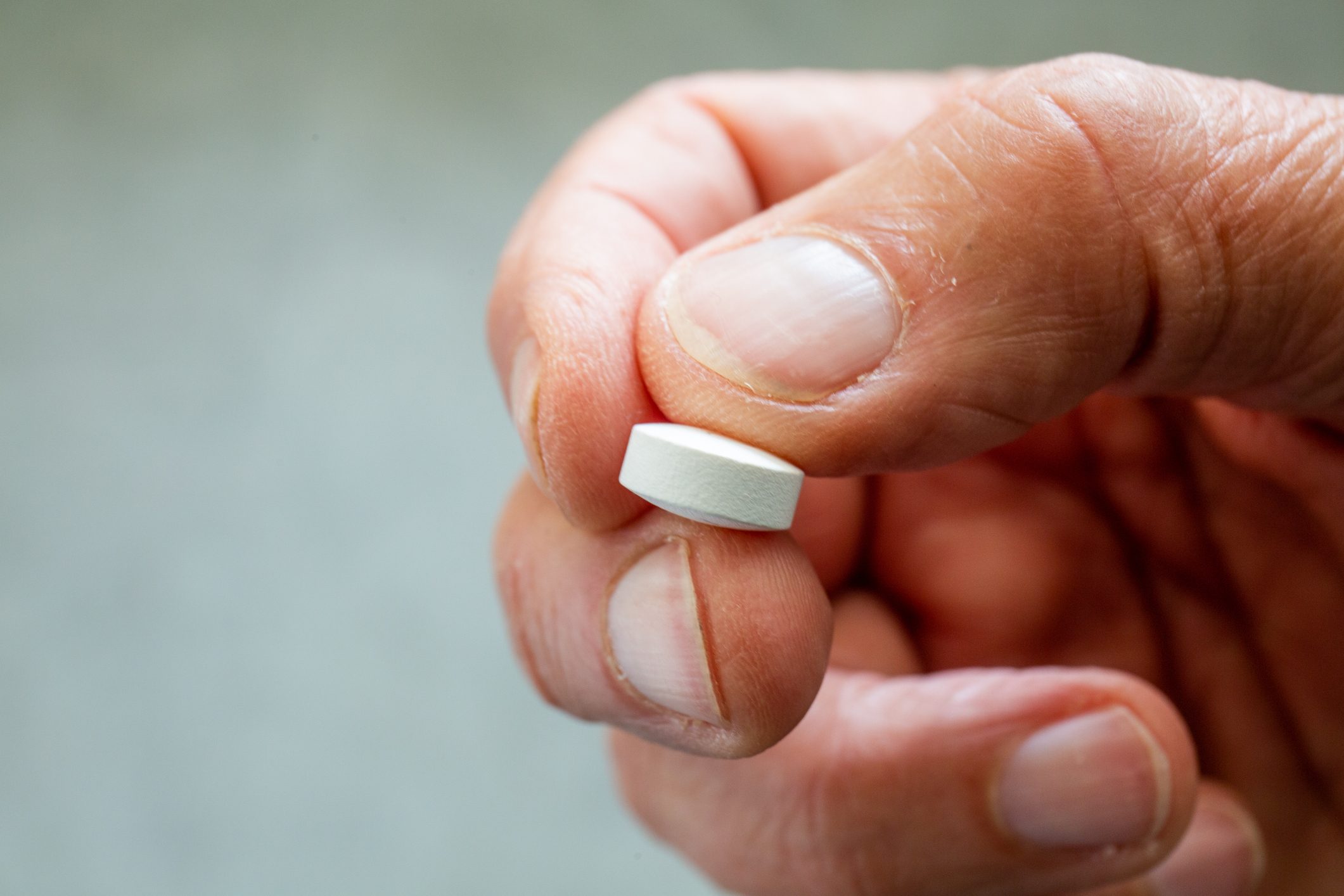Tens of thousands of serious health events might be avoided, according to a Johns Hopkins team, if a certain medication was better utilized.

Only 50% of Americans Who Need This Heart Attack Prevention Drug Are Taking It, Say Researchers

Every 40 seconds in the U.S., someone will experience a myocardial infarction—often referred to as a heart attack—says 2025 data from the American Heart Association. Perhaps even more startling: an estimated 605,000 Americans experience a heart attack for the first time every year.
The statistics can be sobering, but they also offer a reminder that prioritizing our health is important, especially since we know more than ever about certain proactive measures, such as eating heart-healthy foods, getting regular exercise, and taking certain medications as needed.
One such group of drugs, cholesterol-lowering medications, can reduce the risk of heart attack between 25% to 35%, according to Harvard Health. But a new study, primarily led by researchers from the Johns Hopkins Bloomberg School of Public Health, says only a percentage of people who could take them actually are…and that fact could lead to serious health ramifications.
The June 2025 study, which was published in the Journal of General Internal Medicine, included data from nearly 5,000 adults from the U.S. National Health and Nutrition Examination Surveys between the years of 2013 and 2020. The ages of the participants ranged from 40 to 75.
According to a Johns Hopkins press release, there was no record of “a major cardiovascular event” (which could include heart attack, stroke, or coronary bypass surgery) for 89% of the participants. Referring to this collection of people as a “primary prevention” group, the research team found that—though 47% of this group was eligible for cholesterol-lowering medications, per U.S. guidelines—only 23% were actually taking these drugs.
The team also noted: Of the 11% of the study’s sample who did have a history with a major cardiovascular event, only 68% of those individuals “received any LDL-lowering treatment,” even though 100% were reportedly eligible for such treatment within both U.S. and European guidelines.
These results indicate that “closing this treatment gap could help prevent nearly 100,000 non-fatal heart attacks in the U.S. each year and up to 65,000 strokes overall in the U.S. each year.” Additionally, the researchers suggest these measures could also result in the annual prevention of tens of thousands of heart-related procedures, such as heart bypass or stent-placement surgeries.
If all eligible individuals received required treatment, “including the use of non-statin LDL-lowering drugs in many cases,” the study’s team suggests the risk of major cardiovascular events in the U.S. would drop as much as 27%.
Says the study’s senior author, Seth S. Martin, MD, MHS: “High cholesterol is an important chronic health condition that silently claims far too many lives—there are millions of people walking around with this condition that don’t even know they have it, and then when it is recognized it too often goes undertreated.”
Dr. Martin, a practicing cardiologist and professor at Johns Hopkins, continues: “Evidence-based action is critical to close the gap and prevent devastating cardiovascular events.”
For daily wellness updates, subscribe to The Healthy by Reader’s Digest newsletter and follow The Healthy on Facebook and Instagram. Keep reading:
- Want a Healthier Heart? Exercise at This Hour, Says New Research
- These 6 Simple Choices Can Keep Your Brain Healthy, Say Researchers—Plus 17 That Do Harm
- New Research: 50% of Past Mini Stroke Patients Reported This Lingering Symptom
- Study: Weight Loss Drugs Could Cut Certain Cancer Risks By More Than 40%



















